This article was written by Ben Russell, Curator of Mechanical Engineering 1712 was a red letter year for humankind: for the first time, rather than just relying on wind, water, or muscles, a new energy source became available: the steam engine. Thomas Newcomen of Dartmouth took the earlier, and rather ineffective, steam pump by Thomas Savery, christened by him the ‘Miner’s Friend’, and expanded it up into a truly practical industrial machine that harnessed the power of the atmosphere. The […]
No, this isn’t about the Olympics… I’m sure you’ve all heard so much about Olympic fever (you may even be deep in the grips of it), so we’re going to give you a break from it for a minute. This is about climate change (and we’ve heard so much about that too!). That the climate has been […]
When you think of the world’s most famous brain, whose comes to mind? Freud’s? Einstein’s? Marie Curie’s perhaps? True, all these had quite a lot to offer in the grey matter department, but when it comes to offering the world a clearer picture of the human brain and providing vital insights into the formation and […]
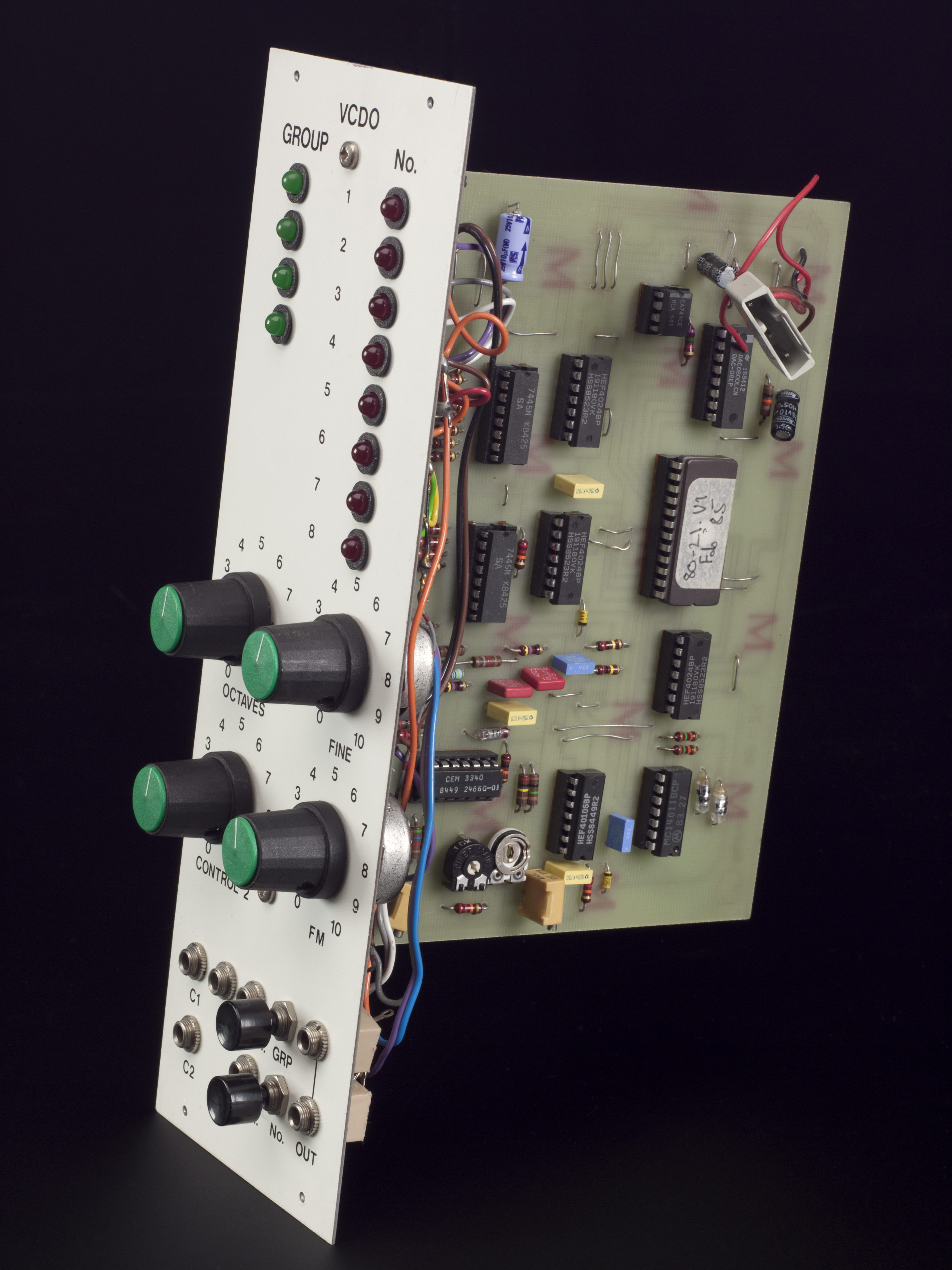
A Guest blog post from Robert Sommerlad, a musician and volunteer Science Museum research assistant.
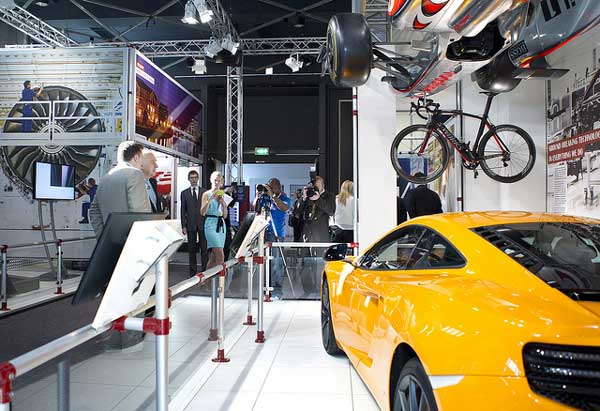
A new guest blog from Mark Champkins about our new exhibition Make it in Great Britain – a celebration of British manufacturing
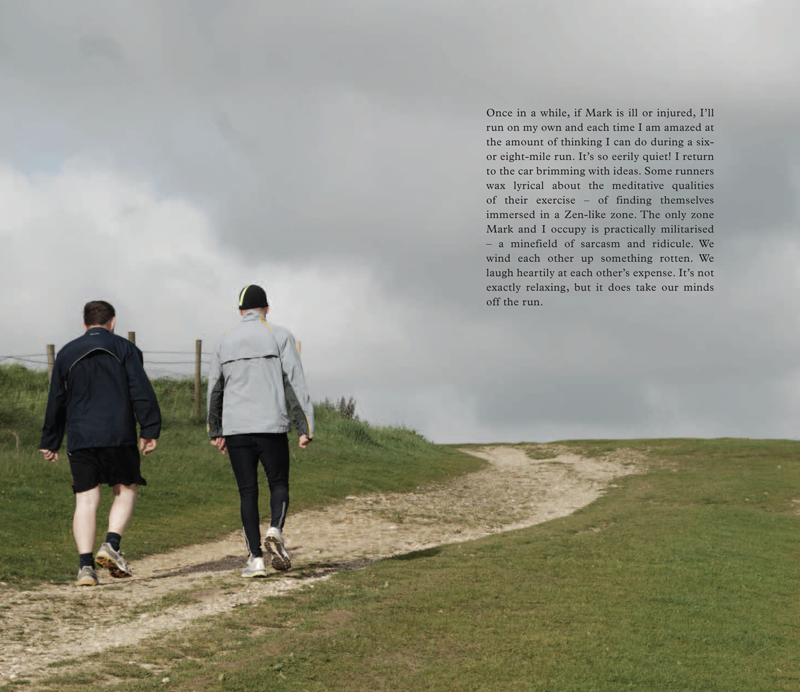
Our Writer in Residence, Mick Jackson, has published a short memoir, ‘My Running Hell’ commissioned by the Museum as part of his residency to tie in with the season of sport in London this summer.
The leading UK charity Oxfam is currently running its biggest ever emergency appeal for Africa. The failure of the late 2010 rains has meant that more than 10 million people from the Horn and East Africa are in desperate need of food and clean water. Since the late 19th Century, we have been all too […]
I’m James Fenner, a PhD student at the Science Museum researching the models, figures and displays in the former British Small Craft Exhibit. Now that the gallery has closed (after nearly 50 years) I thought I should share with you some of its highlights. This is the last of my short series of posts about displays from the former British Small Craft exhibition at the Science Museum, which is now being moved to storage after a remarkable 50 years on […]
I’m James Fenner, a PhD student at the Science Museum researching the models, figures and displays in the former British Small Craft Exhibit. Now that the gallery has closed (after nearly 50 years) I thought I should share with you some of its highlights. I recently told you about the tiny gun-punt model that was on show in the British Small Craft exhibit at the Science Museum, now closed to make way for a major new gallery on communications. Today, […]
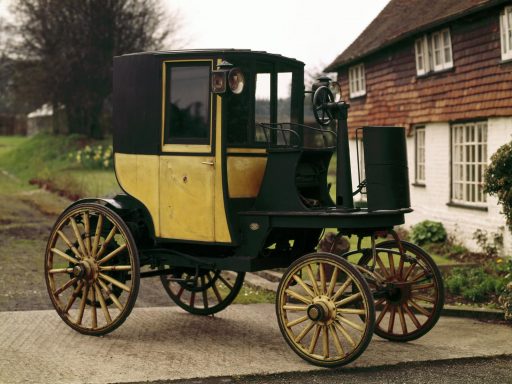
Read more about London’s first electric taxi
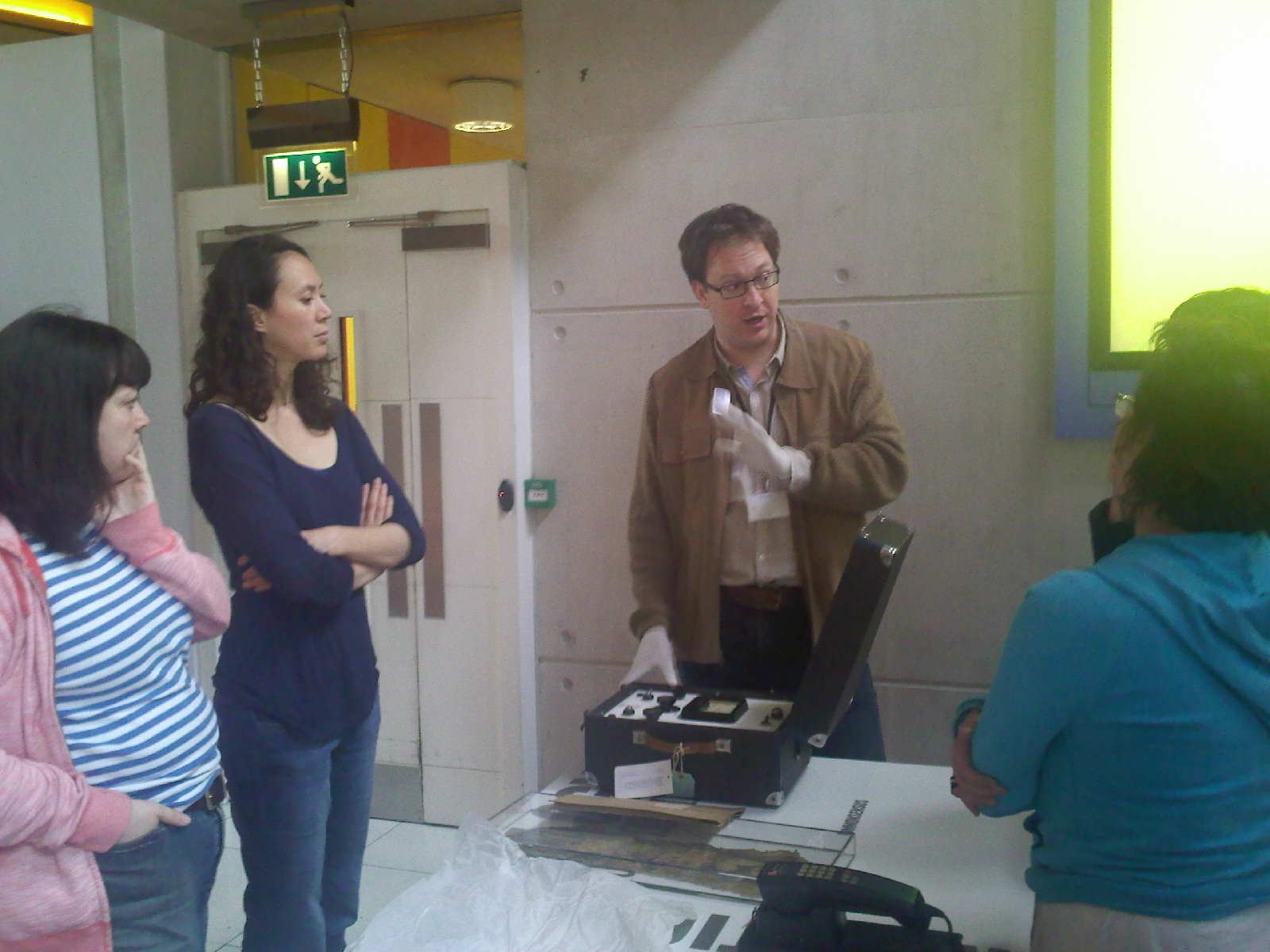
Find out what happened at our History Open House event
Champagne corks have been popping at CERN today, with news that the Large Hadron Collider (LHC) has glimpsed the elusive Higgs boson, or at least something that looks very like it. We’re hoping that one or two of the champagne bottles will find their way into the Science Museum’s collections. Bottles of bubbly might seem a rather strange addition to a museum physics collection, but they’re one way for us to capture news like this morning’s for posterity: ironically, sometimes […]